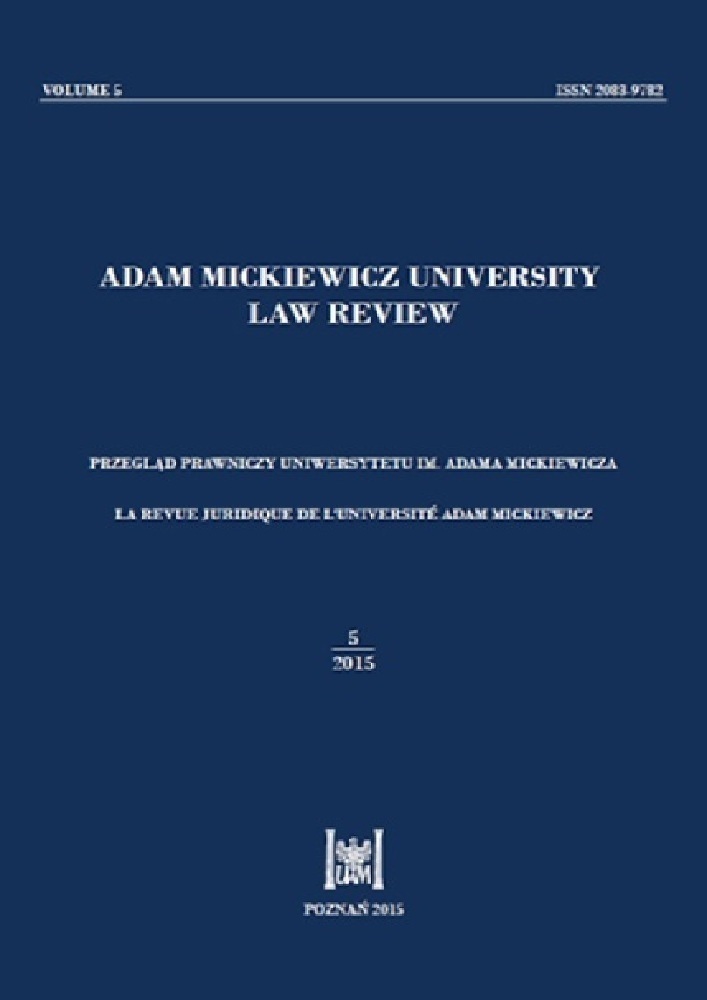Abstract
This paper explores the concept of diplomatic protection in international law through a detailed analysis of International Court of Justice (ICJ) rulings, with a particular focus on the landmark June 19, 2012 judgment in Ahmadou Sadio Diallo (Republic of Guinea v. Democratic Republic of the Congo). Diplomatic protection, a traditional legal mechanism allowing states to seek redress for their nationals harmed by other states, reflects a nuanced intersection between state sovereignty and individual rights within international law. This study traces the evolution of diplomatic protection in ICJ jurisprudence, assessing how the Court has balanced state responsibility with the protection of individuals abroad. The Diallo judgment is analyzed for its substantive contributions, particularly in recognizing non-material damages and the principles underpinning adequate reparations. Through this case study, the paper examines key requirements for diplomatic protection, such as nationality, exhaustion of local remedies, and the discretionary nature of state action. By evaluating the im plications of this and related ICJ rulings, this research offers insights into the evolving role of diplomatic protection and its effectiveness in modern international law for advancing individual justice within the framework of state sovereignty.
References
Alland, Denis. Droit international public. Presses universitaires de France, 2000. Boisson de Chazournes, Laurence. “The International Law Commission in a Mirror: Forms, Impact and Authority.” In Seventy Years of the International Law Commission: Drawing a Balance for the Future. Brill/Nijhoff, 2020.
Bollecker-Stern, Brigitte. Le préjudice dans la théorie de la responsabilité in ternational. Pedone, 1973.
Borchard, Edwin M. The Diplomatic Protection of Citizens Abroad. William S. Hein & Company, 2003.
Boumakani, Benjamin. “Démocratie, droits de l’homme, et Etat de droit.” Annales de la Faculté de sciences juridiques et politiques, Université de Dschang 1, no. 2(1997): 5–22.
Brownlie, Ian. “The Relations of Nationality in Public International Law.” British Yearbook of International Law 39, 1964: 284–364.
Brzeziński, Józef. “Teoria efektywności obywatelstwa jednostki we współczesnym prawie międzynarodowym.” Państwo i Prawo, no. 12(1958): 1011–22.
Complak, Krystian. “Art. 36.” In Konstytucja Rzeczypospolitej Polskiej. Komentarz, edited by Monika Haczkowska. LexisNexis, 2014.
Daillier, Patrick, and Alain Pellet. Droit international public. Librairie générale de droit et de jurisprudence, 2002.
Dupuy, Pierre-Marie. “Les considérations élémentaires d’humanité dans la jurisprudence de la Cour internationale de justice.” In Mélanges Nicolas Valticos, Droit et justice. Pedone, 1999.
Eisenmann, P-M. “L’article 41.” In La Charte des Nations Unies, Commentaire article par article, edited by Alain Pellet and Jean-Marie Cotteret. L.G.D.J., 1991.
Gager, W. W. “The Diplomatic Protection of Citizens Abroad. By Edwin M. Borchard. Published by The Banks Law Publishing Co., New York. 1915. Pp. 988.” The Yale Law Journal 26, no. 7(1917): 623–24. DOI: https://doi.org/10.2307/787270
Garlicki, Leszek, and Marek Zubik. “Art. 36.” In Konstytucja Rzeczypospolitej Polskiej. Komentarz. Tom II, edited by Leszek Garlicki, and Marek Zubik. Wydawnictwo Sejmowe, 2016.
Joseph, Sarah, and Melissa Castan. The International Covenant on Civil and Political Rights: Cases, Materials, and Commentary. Oxford University Press, 2013. DOI: https://doi.org/10.1093/law/9780199641949.001.0001
Mőldner, Mirka. “Responsibility of International Organizations – Introducing the ILC`s DARIO.” Max Planck Yearbook of United Nations Law 16, no. 1(2012): 281–327.
Muszyński, Mariusz. “Opieka dyplomatyczna i konsularna w prawie wspólnotowym.” Kwartalnik Prawa Publicznego, no. 2/3(2002): 143–67.
Peters, Anne. “Extraterritorial Naturalizations: Between the Human Right to Nationality, State Sovereignty, and Fair Principles of Jurisdiction.” German Yearbook of International Law 53, 2010: 623–725.
Sandorski, Jan. Opieka dyplomatyczna a międzynarodowa ochrona praw człowieka. Wydawnictwo Naukowe UAM, 2006.
Sandorski, Jan. “Adwokat a opieka dyplomatyczna.” Palestra 30, no. 1(337) (1986): 15–24.
Santulli, Carlo. “Entre protection diplomatique et action directe, éléments épars du statut international des sujets internes.” In Société française pour le droit international, Colloque du Mans – Le sujet en droit international. A. Pedone, 2005.
Sen, Biswanath. A Diplomat’s Handbook of International Law and Practice. Martinus Nijhoff Publishers, 1988.
Tomuschat, Christian. “International Covenant on Civil and Political Rights: Introductory Notes.” UN Audiovisual Library of International Law, October 2008. Accesssed March 2, 2023. https://legal.un.org/avl/ha/iccpr/iccpr.html.
Vattel, E de.“Le droit des gens, t. II, chap. VI, par. 71.” In Wilhelm Euler, Klassiker des Völkerrechts, vol. 3. Mohr, 1959.
Vermeer-Künzli, Anna Maria Helena. “The Protection of Individuals by Means of Diplomatic Protection: Diplomatic Protection as a Human Rights Instrument.” PhD diss., Leiden University. 2007. Leiden University Scholarly Publications. https://hdl.handle.net/1887/12538.
Germany v. Poland, PCIJ, Series A, No. 10.
Greece v. United Kingdom, PCIJ, Series A, No. 2 (1924).
Estonia v. Lithuania, PCIJ, Series A/B, No. 76 (1937).
France v. Serb-Croat-Slovene State, PCIJ, Series A, No. 20/21 (1929).
France v. Greece, PCIJ, Series A/B, No. 71
License
Copyright (c) 2024 Boubacar Sidi Diallo

This work is licensed under a Creative Commons Attribution 4.0 International License.

